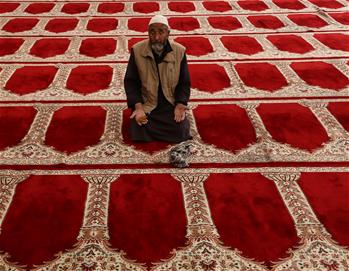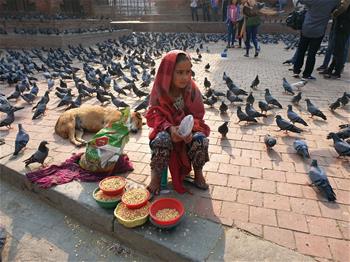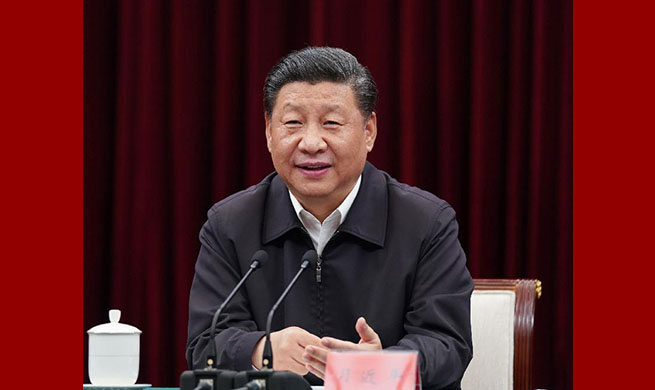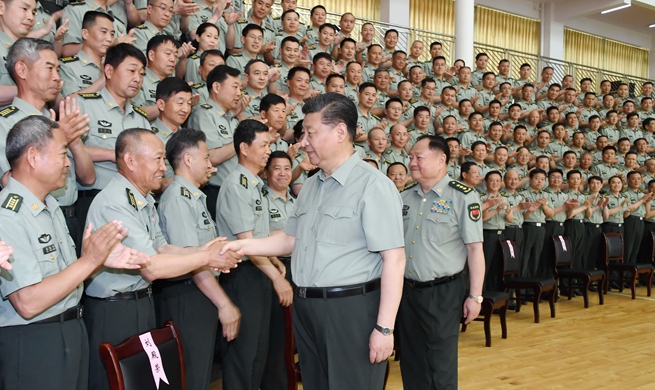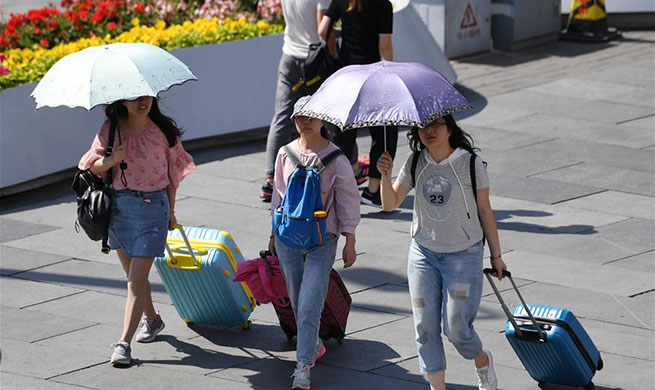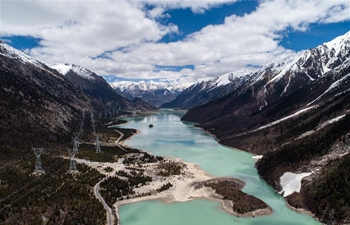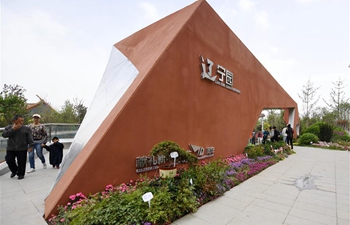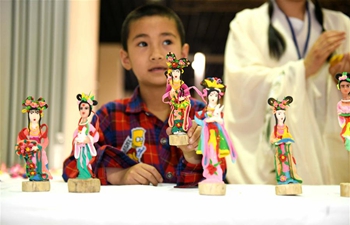UNITED NATIONS, May 22 (Xinhua) -- A senior UN official warned on Wednesday that the humanitarian situation in Somalia is deteriorating with widespread droughts.
"The humanitarian situation in Somalia remains among the most protracted crises in the world," UN Assistant Secretary-General for Humanitarian Affairs Ursula Mueller told the Security Council in a briefing.
"Ongoing armed conflict and violence, as well as recurrent climatic shocks continue to drive humanitarian needs. Governance challenges and underdevelopment compound fragility and make it difficult for communities to develop robust coping mechanisms," she said.
The humanitarian situation is rapidly deteriorating due to severe drought conditions that have spread from northern and central areas throughout the country.
Two consecutive rainy seasons have failed, resulting in critical water shortages, widespread crop failure and diminished livestock conditions. At this point in the season, any rainfall that is received will be too little and too late to reverse the impact of the drought, she said.
Since February, acute food insecurity has already increased by 10 percent. The situation is expected to worsen. By July, 5.4 million people, including 1 million children, will be uncertain of their next meal, said Mueller, who is also deputy relief coordinator of the United Nations.
"We must act now to avert a major humanitarian crisis. ... But significant funding shortfalls are constraining response and leading to a reduction in assistance in critical areas, including health, nutrition, food security, and water, sanitation and hygiene," she said.
There are more than 2.6 million internally displaced people in Somalia, ranking fourth in internal displacement globally, according to Mueller.
Displacement continues to be driven by ongoing armed conflict, climate shocks, and the search for livelihood opportunities. As the severity of humanitarian needs is projected to worsen over the coming months, there will be a higher risk of drought-induced displacement and worsening protection challenges, particularly among women and children, she said.
Mueller pointed out that the humanitarian situation in Somalia is a protection crisis.
For years, Somali civilians have borne the brunt of ongoing armed conflict and violence, which has continued to drive humanitarian needs and perpetuate internal displacement.
"Civilians are exposed to targeted attacks, assassinations and indiscriminate attacks. Children continue to be killed and maimed in grave violations. In 2018, Somalia recorded the highest number of forced child recruitment globally."
Somalia continues to be a challenging operational environment for humanitarian organizations. Conflict, insecurity, bureaucratic constraints and limited logistic infrastructure hamper aid delivery.
Further, remedial measures are needed to address targeted violence against entities with political, development and humanitarian mandates. So far this year, 18 violent incidents have impacted humanitarian organizations, resulting in three deaths, two injuries and seven abductions, she said.
"I encourage the Government of Somalia, with the support of international partners, to advance efforts that facilitate the delivery of unimpeded humanitarian access to those in need, especially at this critical time."
She also stressed the need to look at the chronic vulnerabilities that underpin the crisis in Somalia. "Progress in state-building and security, as well as greater investments in development initiatives aimed at building resilience, are essential to, ultimately, lifting Somalis out of need."





